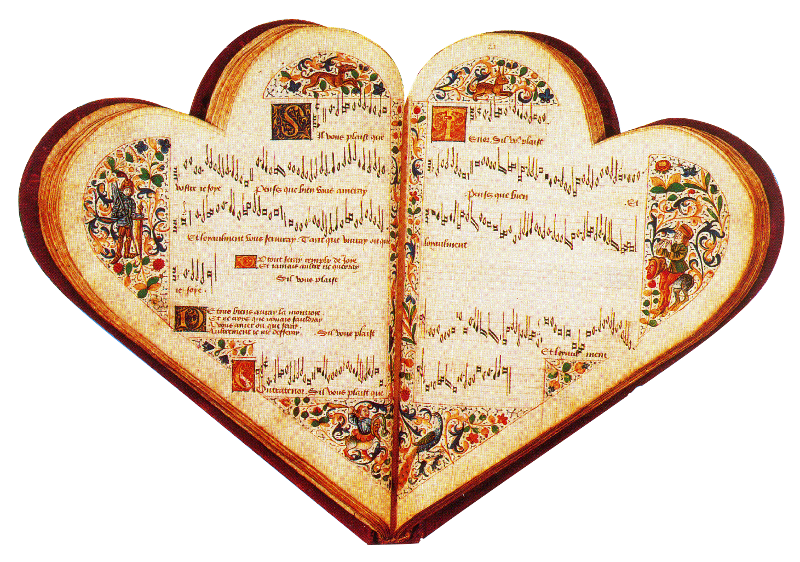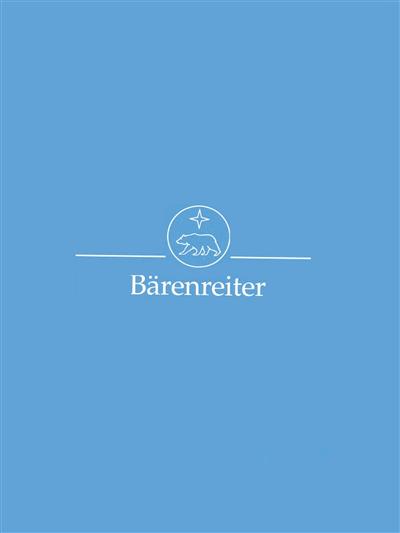Ode A La Musique (1961) MARTIN FRANCK
Baryton, Choeur Mixte (SATB), 2 Cors, Trompette, 3
Classique
Description :
Ode à la Musique (1961) for Baritone, 4-part mixed chorus, trumpet, two horns, three trombones, piano and double bass Frank Martin (1890-1974) Frank Martin was born in Geneva, Switzerland, on 15 September 1890. He was the tenth and youngest child of a clergyman's family. He played and improvised on the piano even before he went to school. By the age of nine he had composed charming children's songs that were perfectly balanced without ever having been taught musical forms or harmony. A performance of Bach's St. Matthew Passion, heard at the age of twelve, left a lasting impression on the composer, for whom J. S. Bachremained the true master. He attended classical languages high school and, to please his parents, went on to study mathematics and physics at the University of Geneva for two years. Simultaneously he started studying piano and composition with Joseph Lauber, who initiated him in the ; craft, especially in instrumentation. Between 1918 and 1926 Frank Martin lived in Zurich, Rome and Paris, working on his own, searching for a personal musical language. In 1926 he founded the ; Societe de Musique de Chambre de Genève which he led as pianist and harpsichord player for ten years. He taught improvisation and theory of rhythm at the ; Institut Jacques-Dalcroze and chamber music at the Geneva Conservatory of Music. He was artistic director of the ; Technicum Moderne de Musique from 1933 to 1940 and president of the Swiss Association of Musicians between 1942 and 1946. In 1932 he became interested in the 12-tone technique of Arnold Schönberg. He incorporated certain elements into his own musical language, creating a synthesis of the chromatic and twelve-tone techniques, without however abandoning the sense of tone & that is, the hierarchical relations between notes. Le Vin Herbe (1941) was the first important work in which he completely mastered this very personal idiom. Together with the Petite Symphonie Concertante (1944-45) it established his international reputation. Martin's many musical activities in Switzerland interfered with the peace and



 Gagnez un bon d'achat dès 50€
Gagnez un bon d'achat dès 50€
 30 jours pour changer d'avis
30 jours pour changer d'avis

